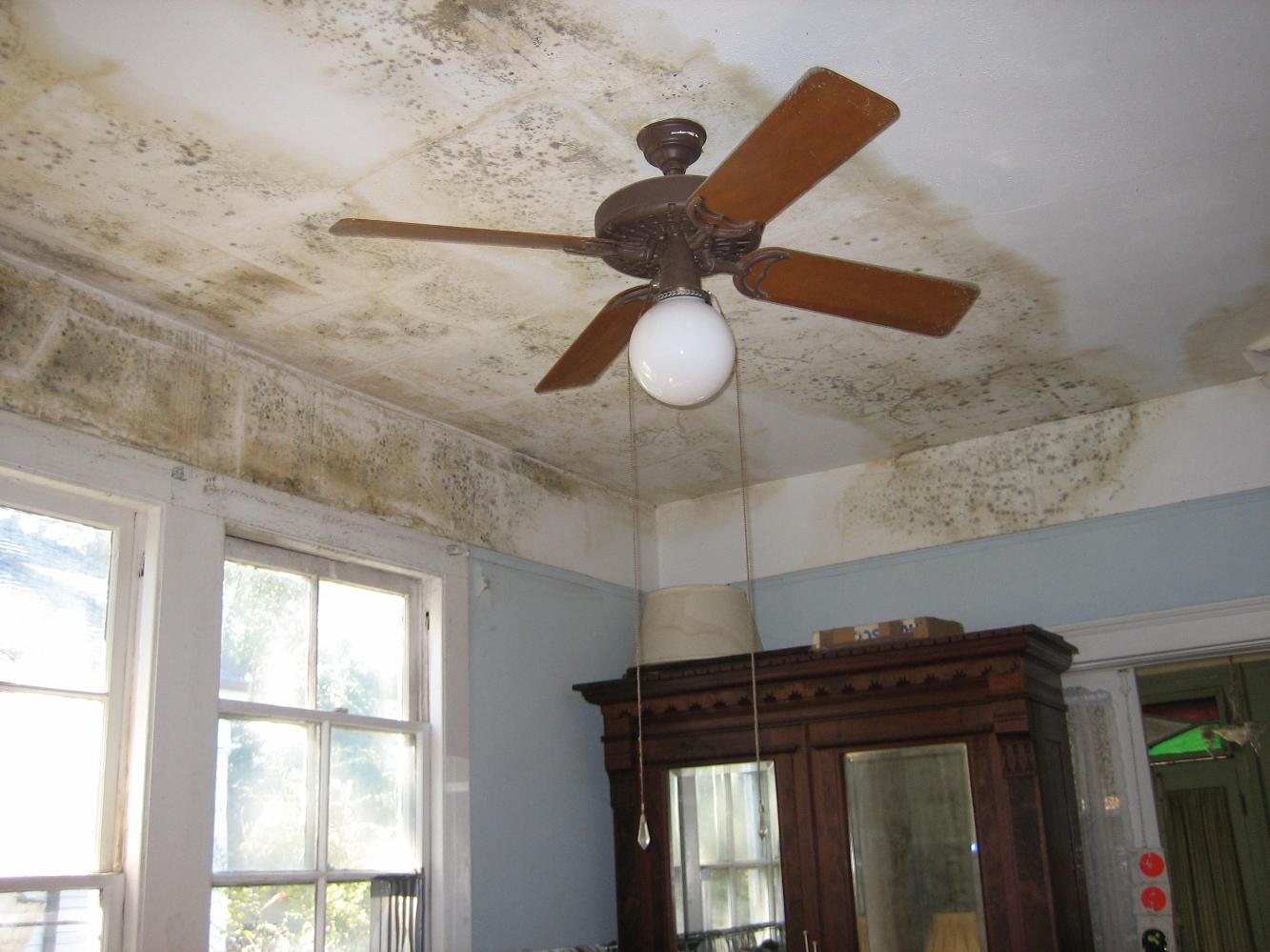
Water damage in your home can prove to be very expensive.
You may not be able to control water disasters like flooding or burst pipes the moment they occur, but you can at least do something to give our home some degree of protection from water damage. Here are some of them.Even a small amount of water accumulating in areas of your home that’s not supposed to be wet can already mean a few thousand dollars in repairs. And if you don’t contact water damage remediation services immediately, the water damage could get worse—and costlier—by the minute.
Have your plumbing checked regularly
Plumbing issues are a common cause of water damage. Blocked drains and sewers could overflow and spill over to your floors. A broken or burst pipe inside your walls could cause a major mold problem. Your water heater could leak and create puddles in your basement.
Have a professional plumber check your homes plumbing regularly and fix any issues as they arise to avoid future damage.
Always keep your rain gutters clear
Over time, your rain gutters will be filled with leaves and other debris, which could cause rainwater to spill over and flow down the foundation and siding of your home instead of away from it.
Rainwater must flow smoothly and out the downspouts that direct it away from your home, so clear your rain gutters of debris regularly. Consider adding downspouts to your gutters to allow the rainwater to flow further away from your home and prevent damage to your foundation.
Regular roof inspections
Always check your roof for holes, leaks, missing shingles, or any kind of damage that the elements may have inflicted on it. That way, you can get it fixed before wet weather gets the better of it and causes water damage in your home. Hire a professional to check and repair any roof damage.
Remove snow and ice
If snow and ice tend to accumulate on areas of your property that slope down toward your home, then you should take the time to remove them before spring. You wouldn’t want the relatively warmer weather to melt all that ice and snow and send them trickling down towards your house.
Plant trees
As we all learned in grade school, trees absorb water, which makes them an excellent flood control device, so you should consider planting more trees on your property. You do have to be careful about the trees you plant, though. The aggressive root systems of white fir, maples, aspens, and other trees can damage the foundation of your home. If possible, plant your trees about 10 or even 20 feet away from your house.
Turn off the main water valve when leaving for extended periods
When you’re going on vacation or a long business trip, don’t forget to turn off the main water shutoff valve to reduce the risk of a water leak when no one’s home.
Prevent window leaks
When you live in an older home, window leaks are a common occurrence. After all, windows do tend to lose their water tightness after years of exposure to temperature extremes and varying weather conditions.
You can always replace your windows, but you can also opt to caulk and seal them periodically to prevent them from leaking during heavy storms.
Being aware of sources of potential water damage in and around your house can save you time, money, and aggravation.

Follow us